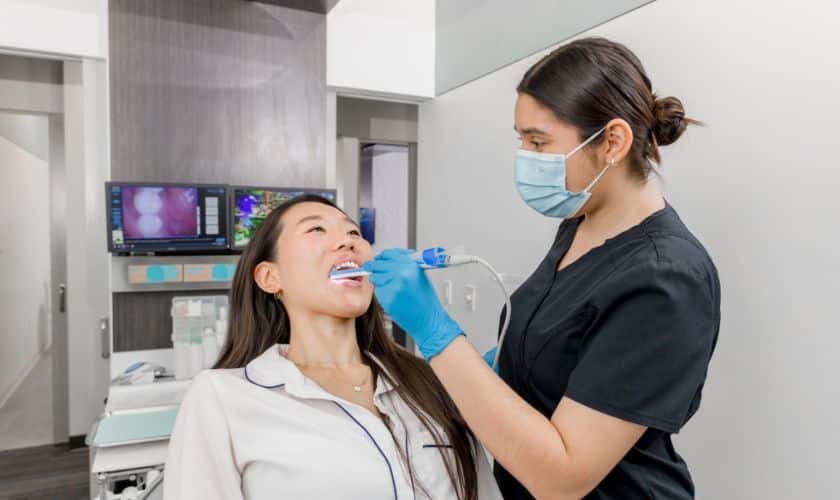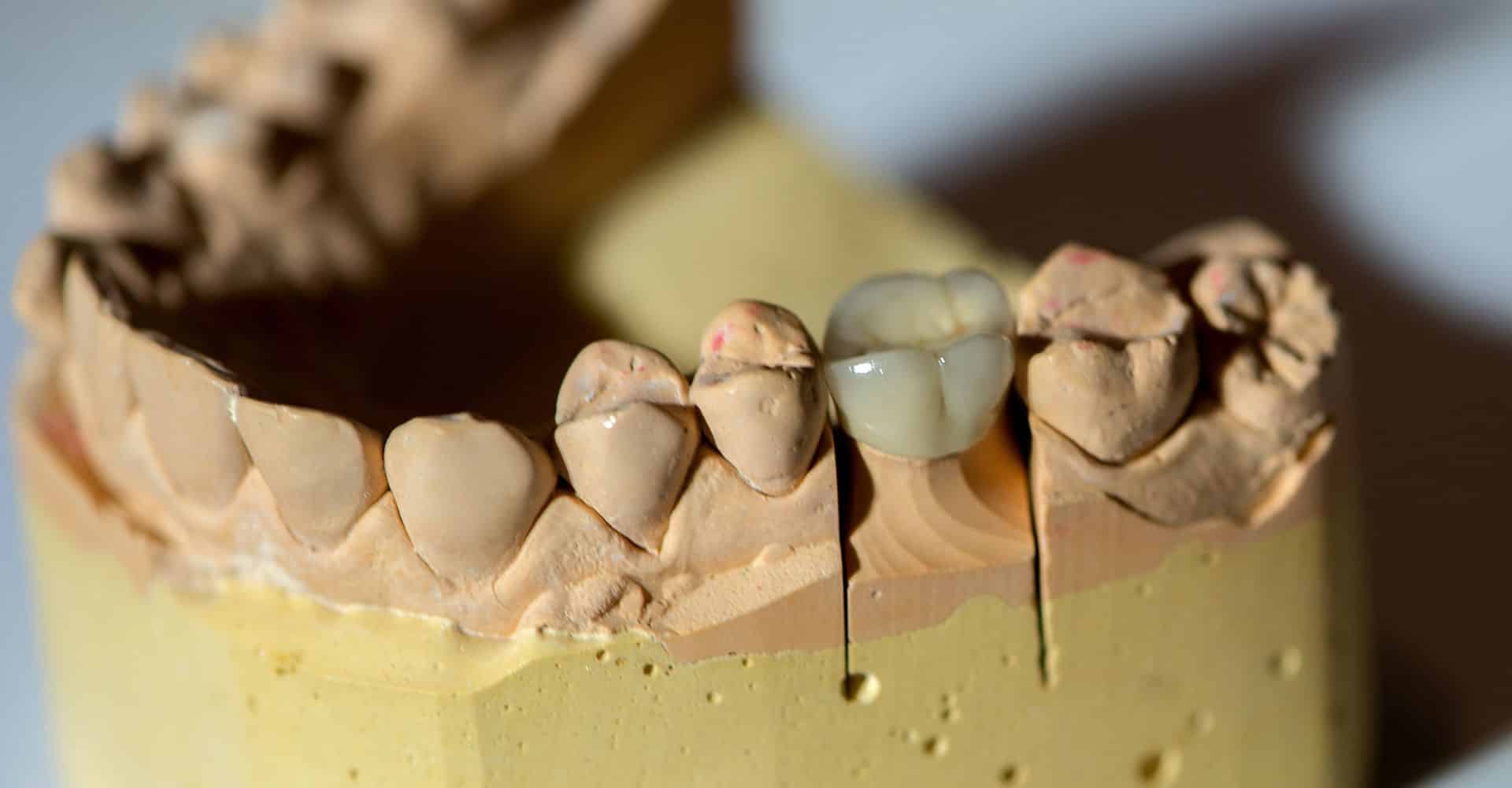Pearl Dental Blog

Reigning Supreme: Achieve a Perfect Smile with Dental Crowns
Welcome to the world of dental crowns, where your smile reigns supreme! Dental crowns are a remarkable solution that can transform your smile and restore its natural beauty. Whether you have a cracked tooth, severe decay, or simply desire to enhance the appearance of your teeth, dental crowns are the answer. These custom-made caps fit over your existing teeth, providing strength, durability, and an aesthetically pleasing look. By embracing dental crowns, you can achieve a perfect smile that exudes confidence and radiates with beauty. Let’s delve into the wonders of dental crowns and discover how they can reignite your smile and elevate your dental health.
What are Dental Crowns?
Dental crowns, also known as dental caps, are custom-made prosthetic devices that are placed over damaged or decayed teeth to restore their strength, functionality, and appearance. These tooth-shaped caps are designed to encase the entire visible portion of the tooth above the gum line, effectively protecting it from further damage and providing a natural-looking result. They are typically made from materials like porcelain, ceramic, or metal alloys, ensuring durability and longevity. They can be used to address various dental issues, including severe decay, fractures, large fillings, root canal-treated teeth, and cosmetic concerns. With dental crowns, you can regain a healthy, functional, and beautiful smile.
Positive Aspects of Dental Crowns
1. Durability and Longevity: They are highly durable and designed to withstand the daily wear and tear of biting and chewing. They resist stains and discoloration, maintaining their natural appearance over time. With proper care and oral hygiene practices, they can last many years, providing a long-lasting solution for restoring and protecting damaged teeth.
2. Aesthetic Enhancement: One of the key benefits is their ability to enhance the appearance of teeth. Porcelain closely resembles tooth enamel’s natural color and clarity, resulting in a restoration that blends seamlessly with surrounding teeth. Whether you have discolored, chipped, or misshapen teeth, dental crowns can provide a significant cosmetic improvement, giving you a brighter, more symmetrical, and aesthetically pleasing smile.
3. Functional Restoration: They offer functional restoration besides their cosmetic benefits. They can help strengthen and reinforce weakened or damaged teeth, restoring their functionality for biting and chewing. They can also improve the alignment of teeth, helping to correct bite issues and improve overall dental health. By restoring teeth’ aesthetics and functionality, these crowns contribute to a healthier and more confident smile.
The Dental Crown Procedure
1. Consultation and Examination: The procedure begins with a thorough consultation and examination. The dentist will assess your dental health, discuss your goals and concerns, and determine if they are the right option. X-rays and impressions may be taken to create a personalized treatment plan.
2. Tooth Preparation and Temporary Crowns: During the next visit, the dentist will prepare the affected tooth by removing a small amount of enamel to accommodate them. Impressions of your teeth will be taken to create a custom crown. In the meantime, temporary crowns protect the prepared tooth until the final restoration is ready.
3. Final Placement and Adjustment: Once the permanent crown is ready, you will return for its placement. The dentist will carefully fit and bond the crown to your tooth, ensuring a precise and comfortable fit. Any necessary adjustments will be made to ensure proper bite alignment and overall aesthetics. After final adjustments, you will leave the dental office with a beautifully restored smile that looks and functions naturally. Regular follow-up appointments will be scheduled to monitor the crown’s success and ensure long-term satisfaction.
Tips For Maintaining Your New Smile
1. Practice Good Oral Hygiene: Maintaining a flawless smile with these crowns starts with practicing good oral hygiene. Brush your teeth at least twice daily with a soft-bristled toothbrush and fluoride toothpaste. Floss daily to remove plaque and debris between the teeth and the gum line. Consider using an antibacterial mouthwash to help control bacteria and maintain fresh breath. By keeping your teeth and gums clean and healthy, you can extend the longevity of your dental crowns.
3. Avoid Bad Habits: Certain habits can harm your dental crowns and overall oral health. Avoid using your teeth as tools to open packages or bite on hard objects. Refrain from chewing on ice, pen caps, or other non-food items that can potentially damage the crowns. If you participate in contact sports or activities with a risk of dental trauma, wear a mouthguard to protect your teeth and crowns. Additionally, limit or avoid habits such as smoking and excessive consumption of staining foods and drinks to preserve the appearance of your flawless smile.
2. Schedule Regular Dental Check-ups: Regular dental check-ups are essential for maintaining flawless smiles. Visit your dentist every six months or as recommended for routine examinations and professional cleanings. During these appointments, your dentist will assess the condition of your dental crowns, check for any signs of issues or wear, and address any concerns you may have. Early detection and intervention can help prevent potential problems and ensure the longevity of your dental restorations.
FAQs:
1. What is the process of getting a dental crown?
The process involves several steps, including tooth preparation, impressions, crown fabrication, and final placement.
2. How long do dental crowns last?
They can last for many years with proper care and maintenance. On average, they can last between 10 and 15 years or even longer.
3. Are dental crowns painful?
The procedure itself is usually painless as it is performed under local anesthesia. However, some patients may experience mild discomfort or sensitivity after the procedure, which can be managed with over-the-counter pain relievers.
4. Can dental crowns be matched to the color of my natural teeth?
Yes, dental crowns can be color-matched to blend seamlessly with your natural teeth, providing a natural and aesthetically pleasing result.
5. Are there any dietary restrictions with dental crowns?
While dental crowns are durable, it is recommended to avoid biting on hard objects or foods that may cause excessive pressure on the crown. Additionally, maintaining good oral hygiene and regular dental check-ups are essential for the longevity of dental crowns.
In conclusion, dental crowns offer a reliable and versatile solution for various dental issues. They provide strength, durability, and aesthetic enhancement, allowing you to achieve a perfect smile. With proper care and maintenance, dental crowns can last for many years, restoring the functionality and appearance of your teeth and improving your overall oral health.



